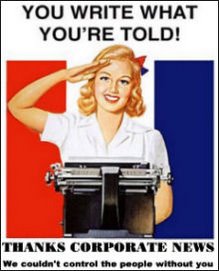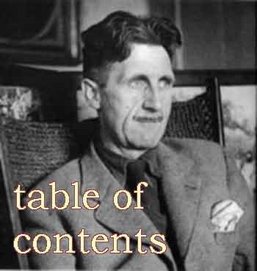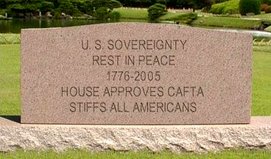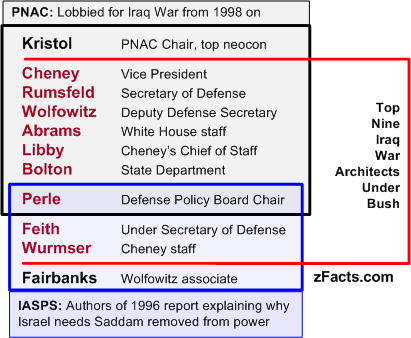Secrets the Cops, the Courts,and the Insurance CompaniesDon't Want You to Know
The purpose of insurance is to cover unusual risk. Since the act of exceeding an unreasonably low limit is hardly unusual or dangerous, the risk assumed by the insurance company is nearly non-existant. Therefore, any surcharges issued for speeding tickets are almost pure profit.
The profits that an insurance company generates from speeding ticket surcharges allow them to purchase more radar and laser guns to give away free to law enforcement agencies. This allows the police to ticket more people, which in turn ensures a constant flow of revenue to the insurance company. The units will perform their revenue- enhancement duties for 3-5 years, having been paid for in less than one.
Thousands of speeding tickets are issued by traffic law enforcers who don't know or care how to properly operate radar, VASCAR, or other speed-measurement devices. They are ignorant of proper operating procedures, performance characteristics, and common malfunctions or errors.
Traffic ticket fines are the cash cow of the court system. No other class of "crime" is as profitable for state and local governments as is that of traffic tickets. Traffic courts cannot be fair and unbiased when their finanacial welfare depends on traffic fines.
It is not true that writing more tickets will result in fewer accidents. A 1995 Memorial Day ticket-writing binge in Connecticut resulted in a 67% increase in accidents over the same time period in the previous year. The federal government paid $750,000 to the state for that.
Many speed limits are deliberately set well below the prevailing speed of safely-driven vehicles. Doing so does not slow traffic but it does make a greater number of motorists eligible for a speeding ticket they don't deserve.
There is no connection between receiving an occasional traffic ticket and the likelihood of being in an accident. Therefore, there is no justification for charging a person more for auto insurance just because they were convicted for a traffic violation.
Trivial or concocted traffic law violations are frequently used as an excuse to stop, detain, and search persons for whom the police have no otherwise legitimate reason to do so. "Probable cause" or "reasonable suspicion" are inserted after the fact and only if the motorist lodges a formal complaint.
A large proportion of the stop signs erected by local governments are illegal and in violation of state traffic regulations. They know that people don't stop for them since the intention is to use the signs as speed control devices. This proliferation of stop signs merely increases the number of motorists who can be cited for failing to stop when there is no reason to.
The best protection against the "good ole boy" system where the judge, district attorney and the arresting officer are on a first-name basis is the jury trial. Jury trials are time-consuming, expensive, and diminish the profitability of the traffic ticket system. Therefore, state-by-state, the right to a jury trial is being incrementally denied to traffic ticket defendants, all under the guise of being more fair when actually it is less.
Only a small fraction (about 2%) of all traffic tickets are seriously contested. The vast majority of these contested tickets are dismissed or the defendant is given a significantly reduced penalty. If just 10% of the people who received citations fought their tickets, the entire system of government extortion would collapse within a matter of months.
Subscribe to:
Post Comments (Atom)








No comments:
Post a Comment